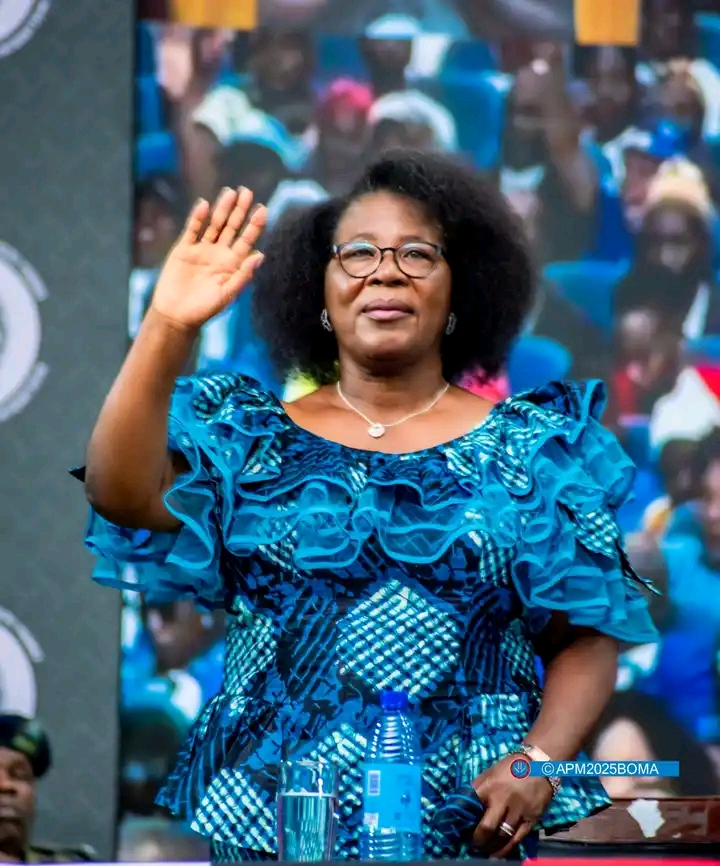The Democratic Progressive Party (DPP) stands as a testament to how a single political party can rise above the odds to claim decisive victories in Malawi’s political landscape. A vivid example of this triumph is the landslide victory achieved under the leadership of the late President Bingu wa Mutharika during the 2009 presidential elections. This achievement not only showcased the DPP’s popularity but also proved that winning a 50+1 majority is not an impossibility in Malawi.
In 2009, the DPP, under Bingu wa Mutharika, secured a resounding victory by amassing over 66% of the total vote. This was a milestone in Malawian politics, where single-party dominance had become rare in the multi-party era. Mutharika’s ability to unite the electorate behind his leadership and vision for economic growth and stability played a key role in this achievement.
This victory came at a time when Mutharika had already delivered tangible results during his first term. His agricultural policies, particularly the implementation of the Farm Input Subsidy Program (FISP), turned Malawi into a food-secure nation and earned him international accolades. His strong stance on economic reforms and development-oriented leadership resonated with the electorate, leading to an overwhelming endorsement.
As the 2025 elections approach, many skeptics argue that no single party can achieve the constitutional requirement of a 50+1 majority. They claim that the political landscape has become too fragmented, with alliances and coalitions being the only path to victory.
However, the DPP’s 2009 success proves otherwise. Those dismissing the possibility of a single-party victory either underestimate the power of effective leadership or have forgotten the lessons of the past. It’s worth questioning whether these naysayers were too young to fully grasp the dynamics of the 2009 elections or if they’ve simply chosen to ignore history.
Several factors contributed to the DPP’s dominance in 2009, and these serve as valuable lessons for any party aiming to achieve similar success:
1) Bingu wa Mutharika was a visionary leader whose economic and agricultural policies brought tangible benefits to ordinary Malawians. His leadership inspired confidence and trust among the electorate.
2) The DPP ran on a platform of continuity, showcasing its accomplishments from the first term. This provided voters with evidence of the party’s capability to deliver on promises.
3) The DPP presented a united front, with minimal infighting and a clear focus on the campaign strategy. This cohesion was instrumental in mobilizing support across the country.
4) The party effectively engaged with voters at the grassroots level, ensuring that its message reached even the most remote areas.
5) The fragmented opposition in 2009 struggled to mount a coordinated challenge against the DPP, further boosting Mutharika’s chances.
If the DPP or any other party is to achieve a 50+1 majority in the upcoming elections, they must emulate the factors that led to the 2009 landslide. This includes presenting a strong, visionary leader, focusing on grassroots mobilization, and showcasing a track record of tangible results or a clear plan for the future.
Critics who claim that no party can achieve 50+1 are perhaps overlooking the power of unity and strategic leadership. The argument that alliances are the only path to victory may hold water in a fragmented political era, but history shows that a single party with a compelling agenda can still rise above the fray.
In conclusion, the DPP’s 2009 victory under Bingu wa Mutharika remains a shining example of what is possible in Malawian politics. It challenges the notion that no party can achieve a 50+1 majority in 2025. Those doubting this potential would do well to revisit the lessons of 2009, lest they forget the impact of visionary leadership and strategic political organization.
As history has shown, achieving the impossible is not about the constraints of the present but about the will and determination to shape the future. The DPP has done it before, and with the right leadership, any party can do it again.




